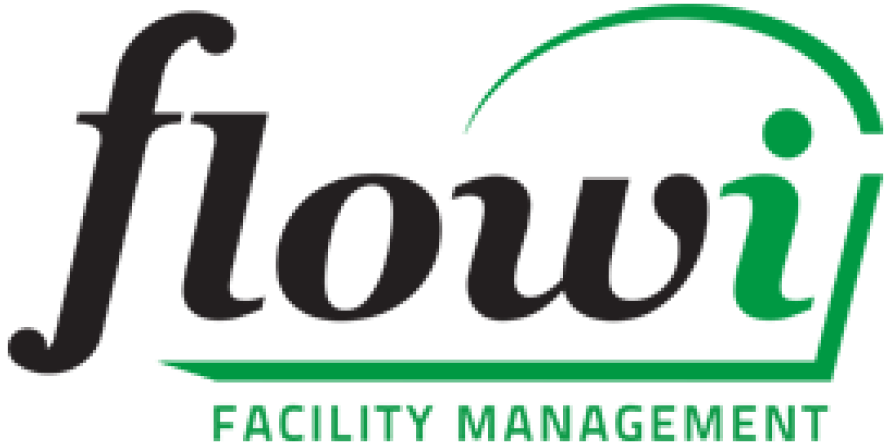Operation Management of Oil & Gas Facility involves the coordination and control of various activities related to the handling, storage, and transportation of oil and petroleum products. Here are a few key aspects of Operations Management:
Safety and Environmental Compliance
- Prioritize safety protocols to prevent accidents and ensure the well-being of personnel.
- Adhere to environmental regulations to minimize the impact of operations on the surroundings.
Loading and Unloading Operations
- Coordinate the efficient loading and unloading of tanker ships, barges, trucks, and pipelines.
- Ensure accurate measurement and documentation of quantities transferred.
Storage Management
- Optimize storage capacity and allocate space efficiently for various types of crude oil and refined products.
- Implement inventory management systems to monitor stock levels and prevent overfill or shortages.
Quality Control
- Implement quality control measures to maintain the integrity of oil and petroleum products.
- Monitor and manage the blending of different crude oils or additives as required.
Technology Integration
- Implement advanced technologies, such as SCADA (Supervisory Control and Data Acquisition) systems and automation, to enhance operational efficiency and monitoring.
Infrastructure and Equipment Maintenance
- Regularly inspect and maintain storage tanks, pipelines, pumps, and other terminal infrastructure.
- Schedule preventive maintenance to avoid unexpected breakdowns and ensure the reliability of equipment.
Regulatory Compliance
- Stay updated on local, national, and international regulations governing oil terminal operations.
- Ensure compliance with permits, licenses, and safety standards.
Emergency Response Planning
- Develop and regularly update emergency response plans to address potential incidents, such as spills or fires.
- Train personnel on emergency procedures and conduct regular drills.
Documentation and Reporting
- Maintain accurate records of all terminal operations, including transactions, maintenance activities, and safety inspections.
- Prepare and submit reports to regulatory agencies as required.
Human Resource Management
- Ensure that terminal staff are well-trained and equipped to handle their responsibilities.
- Foster a safety culture and promote continuous improvement through training programs.
